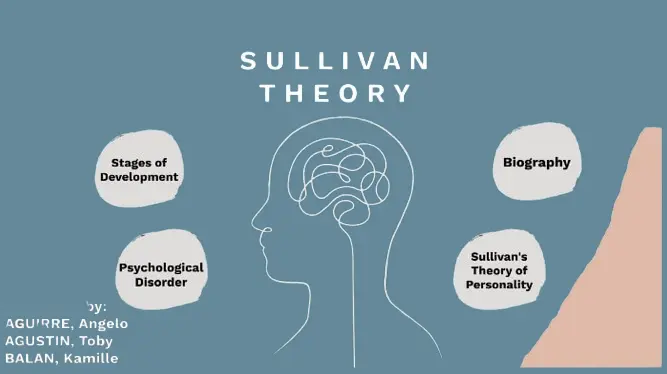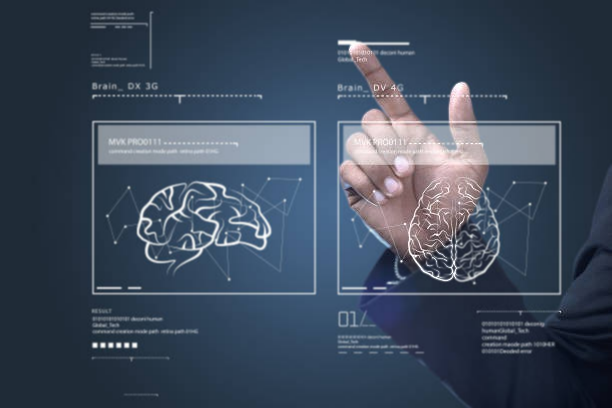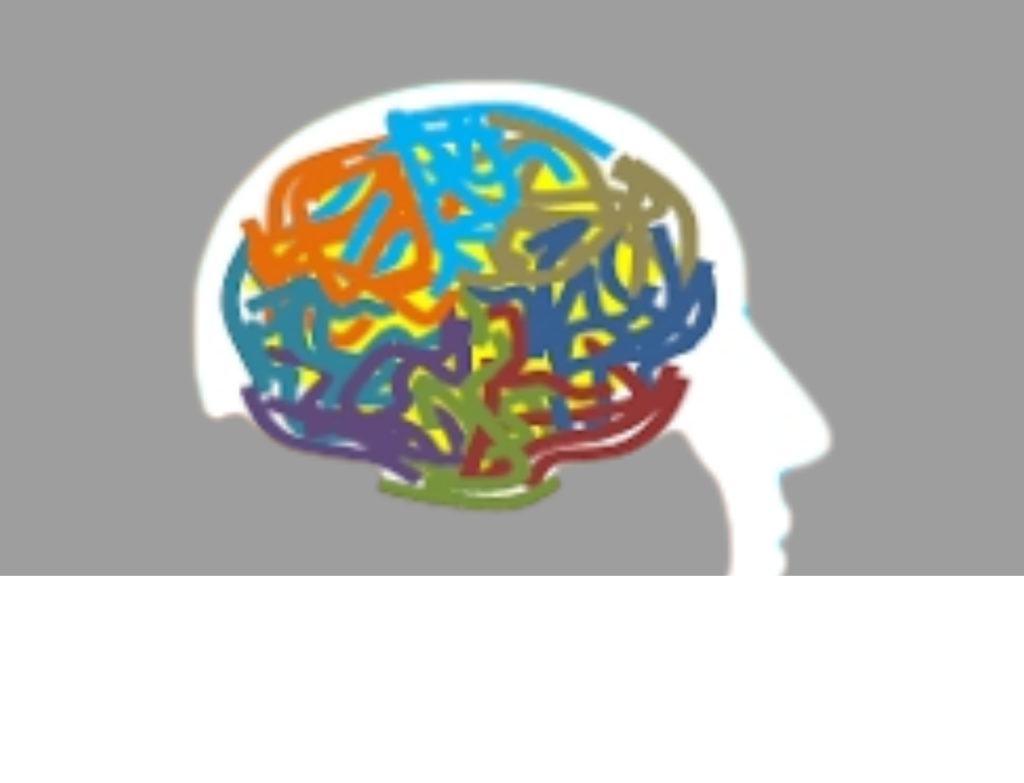A long-term mental illness that alters a person’s feelings, ideas, and actions is schizophrenia.
It is typified by a number of symptoms, the most prevalent of which are delusions or hallucinations that are unfounded in reality but seem genuine to the individual experiencing them.
Anyone interested in finding out if they could have symptoms usually associated with schizophrenia or a comparable disorder can take this quiz on schizophrenia. Most people can finish it in less than two minutes, and the consequences are immediate.
What is schizophrenia?
The long-term, severe mental illness known as schizophrenia alters a person’s thoughts, behavior, emotional expression, reality perception, and interpersonal relationships. Less than 1% of adult U.S. citizens suffer with schizophrenia, making it less common than other serious mental diseases but potentially more chronic and incapacitating.
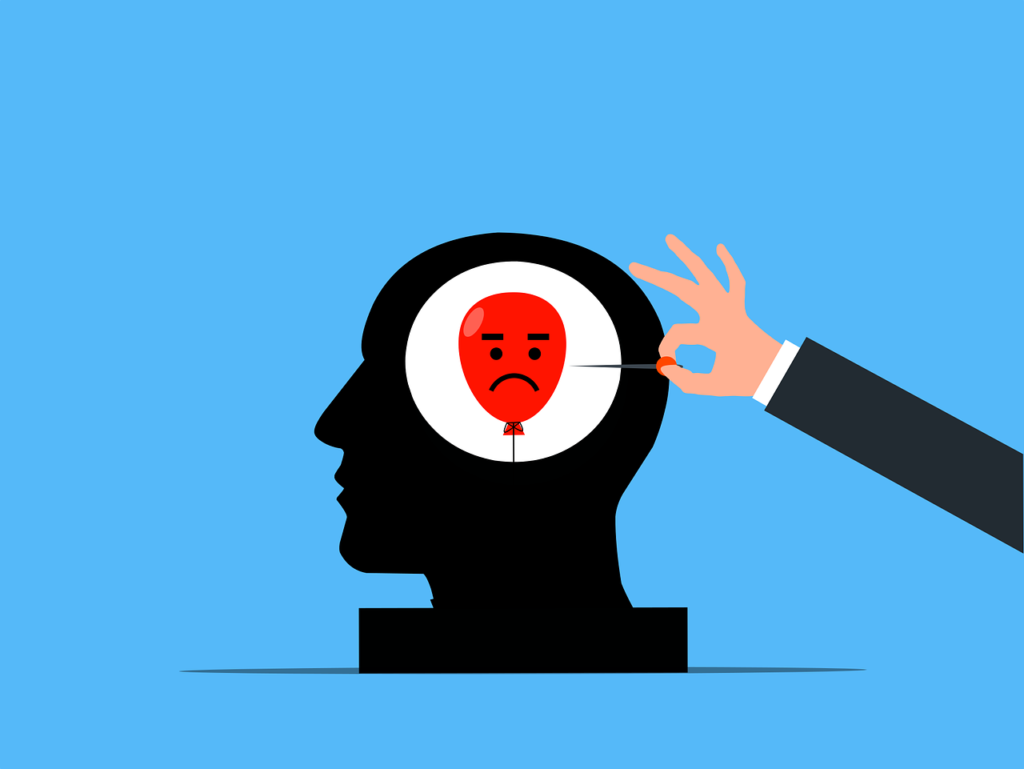
Schizophrenia patients frequently struggle to operate in relationships, the workplace, society, and education. They may seem out of touch with reality or feel afraid and withdrawn. Although there is no known cure for this incurable illness, it can be managed with the right care.
Schizophrenia is not a multiple or split personality, despite common perception. Psychosis, a form of mental disorder in which one is unable to distinguish between the imagined and the actual, is a component of schizophrenia. People who suffer from psychotic disorders, such schizophrenia, occasionally become detached from reality. Their environment could combine disorienting ideas, noises, and visuals. People suffering from this illness may exhibit peculiar and even startling behavior due to their warped perception of reality. An abrupt shift in their character or actions is referred to as a psychotic episode.
Schizophrenia test / quiz
Using this screening test for schizophrenia, you can find out if you have symptoms similar to schizophrenia or another psychotic mental disease. Utilize the findings to determine whether you require additional discussion about schizophrenia diagnosis and treatment with a physician or other mental health specialist. Once you’ve finished this test, you may go here for comprehensive, reliable information on schizophrenia.
Schizophrenia test
Instructions: Answer each question based on your experiences over the past month. Choose “Yes” or “No” for each item.
- Hallucinations:
- Do you hear voices that other people do not hear? (Yes/No)
- Do you see things that other people do not see? (Yes/No)
- Delusions:
- Do you believe that people are out to harm you or spy on you? (Yes/No)
- Do you think you have special powers or abilities that others do not? (Yes/No)
- Do you believe that your thoughts are being controlled or influenced by external forces? (Yes/No)
- Disorganized Thinking:
- Do you find it difficult to concentrate or keep track of your thoughts? (Yes/No)
- Do your thoughts seem jumbled or make it hard to follow a conversation? (Yes/No)
- Disorganized Behavior:
- Have you been behaving in ways that seem bizarre or out of the ordinary to others? (Yes/No)
- Do you have difficulty completing everyday tasks or activities? (Yes/No)
- Negative Symptoms:
- Have you lost interest in activities that you used to enjoy? (Yes/No)
- Do you find it hard to express emotions or feel emotionally flat? (Yes/No)
- Have you noticed a significant decrease in motivation or energy? (Yes/No)
- Social Withdrawal:
- Have you been avoiding social interactions or isolating yourself from friends and family? (Yes/No)
- Do you feel detached from people around you? (Yes/No)
- Cognitive Symptoms:
- Have you experienced problems with memory or difficulty remembering things? (Yes/No)
- Do you find it hard to make decisions or solve problems? (Yes/No)
- Mood Symptoms:
- Have you been experiencing frequent mood swings or periods of depression? (Yes/No)
- Do you feel anxious or excessively worried without a clear reason? (Yes/No)
Diagnostic Criteria (Based on DSM-5)
According to the DSM-5 (Diagnostic and Statistical Manual of Mental Disorders, Fifth Edition), the following criteria must be met for a diagnosis of schizophrenia:
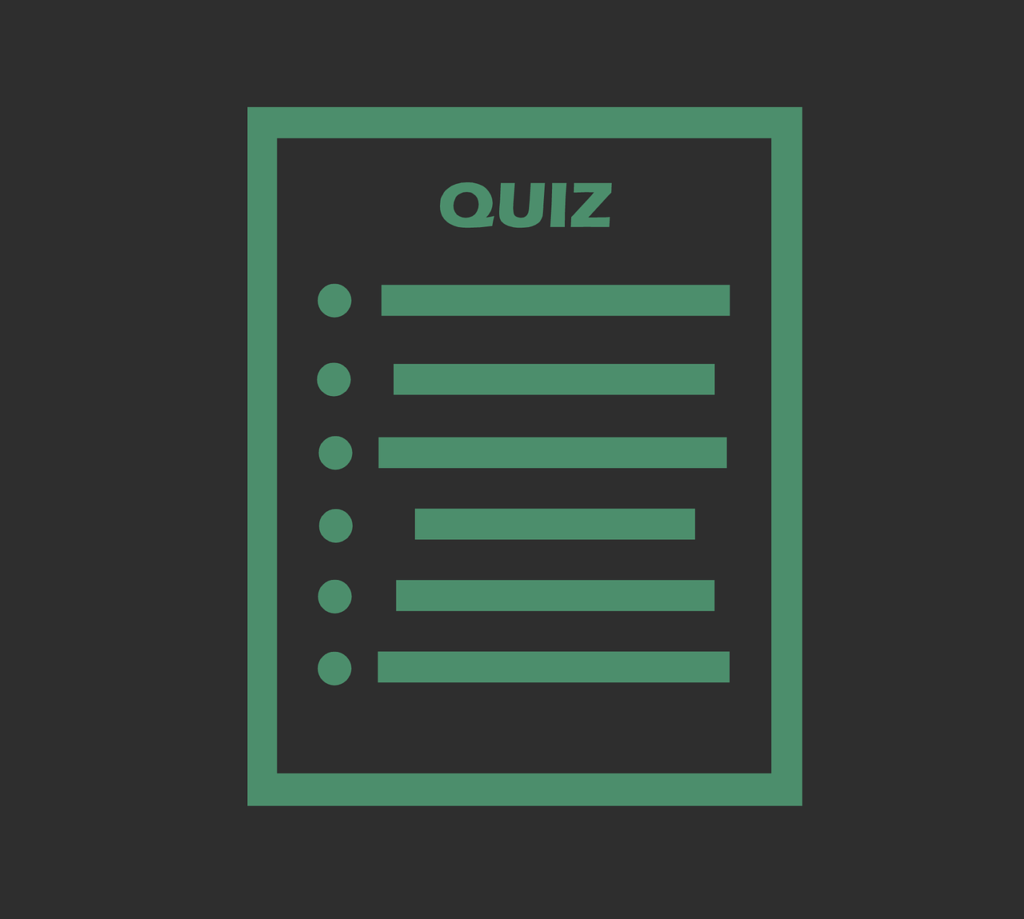
- Characteristic Symptoms:
- Two (or more) of the following, each present for a significant portion of time during a 1-month period (or less if successfully treated):
- Delusions
- Hallucinations
- Disorganized speech (e.g., frequent derailment or incoherence)
- Grossly disorganized or catatonic behavior
- Negative symptoms (e.g., diminished emotional expression or avolition)
- Two (or more) of the following, each present for a significant portion of time during a 1-month period (or less if successfully treated):
- Social/Occupational Dysfunction:
- For a significant portion of the time since the onset of the disturbance, one or more major areas of functioning such as work, interpersonal relations, or self-care are markedly below the level achieved prior to the onset.
- Duration:
- Continuous signs of the disturbance persist for at least 6 months. This 6-month period must include at least 1 month of symptoms (or less if successfully treated) that meet Criterion A (active-phase symptoms) and may include periods of prodromal or residual symptoms.
- Schizoaffective and Mood Disorder Exclusion:
- Schizoaffective disorder and depressive or bipolar disorder with psychotic features have been ruled out because either:
- No major depressive or manic episodes have occurred concurrently with the active-phase symptoms, or
- If mood episodes have occurred during active-phase symptoms, they have been present for a minority of the total duration of the active and residual periods of the illness.
- Schizoaffective disorder and depressive or bipolar disorder with psychotic features have been ruled out because either:
- Substance/General Medical Condition Exclusion:
- The disturbance is not attributable to the physiological effects of a substance (e.g., a drug of abuse, a medication) or another medical condition.
- Relationship to Autism Spectrum Disorder or Communication Disorder:
- If there is a history of autism spectrum disorder or a communication disorder of childhood onset, the additional diagnosis of schizophrenia is made only if prominent delusions or hallucinations, in addition to the other required symptoms of schizophrenia, are also present for at least 1 month (or less if successfully treated).
Causes of Schizophrenia
Schizophrenia’s precise cause is uncertain. However, schizophrenia has a biological basis and is a real illness, much like diabetes and cancer. Scientists have identified a number of variables that seem to increase an individual’s risk of developing the illness. They’re:
Hereditary genetics.
Since schizophrenia tends to run in families, there is a higher chance that parents will pass on the disorder to their offspring.
Brain circuitry and chemistry.
Schizophrenia patients may have trouble controlling brain chemicals known as neurotransmitters, which regulate particular nerve cell routes, or “circuits,” that impact behavior and thought processes.

Abnormalities of the brain.
Research has shown that individuals with schizophrenia have altered brain anatomy. That said, not everyone who has schizophrenia will benefit from this. Even those without the illness can be impacted.
Surroundings
In those whose genetic makeup puts them at risk, viral infections, cannabis (marijuana) , smoking, childhood trauma, social defeat, malnutrition, vitamin D insufficiency, social cognition, and lower cognitive quotient may all contribute to the development of schizophrenia. When the body is going through hormonal and physical changes, like in adolescence and early adulthood, schizophrenia tends to manifest more frequently.
How is the treatment of schizophrenia administered?
The standard approach to treating schizophrenia is a mix of medication, counseling, and self-management skills. Among them are:
- Antipsychotics. These drugs interfere with the way your brain communicates between cells by blocking specific neurotransmitters.
- Additional drugs. In addition, your doctor may recommend additional medications to treat symptoms that coincide with or result from your schizophrenia. In addition, they may recommend drugs to lessen tremors, one of the negative effects of antipsychotic drugs.
- Psychoanalysis. You can learn to manage and cope with your condition with the use of talk therapy techniques such as cognitive behavioral therapy (CBT). In addition to helping with schizophrenia, long-term therapy can also help with related conditions like anxiety, sadness, or drug abuse.
- Electroshock treatment (ECT). Your provider might suggest ECT if other therapies are unsuccessful. In order to stimulate certain brain regions, an electrical current is administered to your scalp during this treatment. If you have severe sadness, agitation, or other issues, the stimulation can help enhance brain function by causing a brief seizure. You are put under anesthesia if you have ECT. During this process, you will be sleeping and not experience any discomfort.

